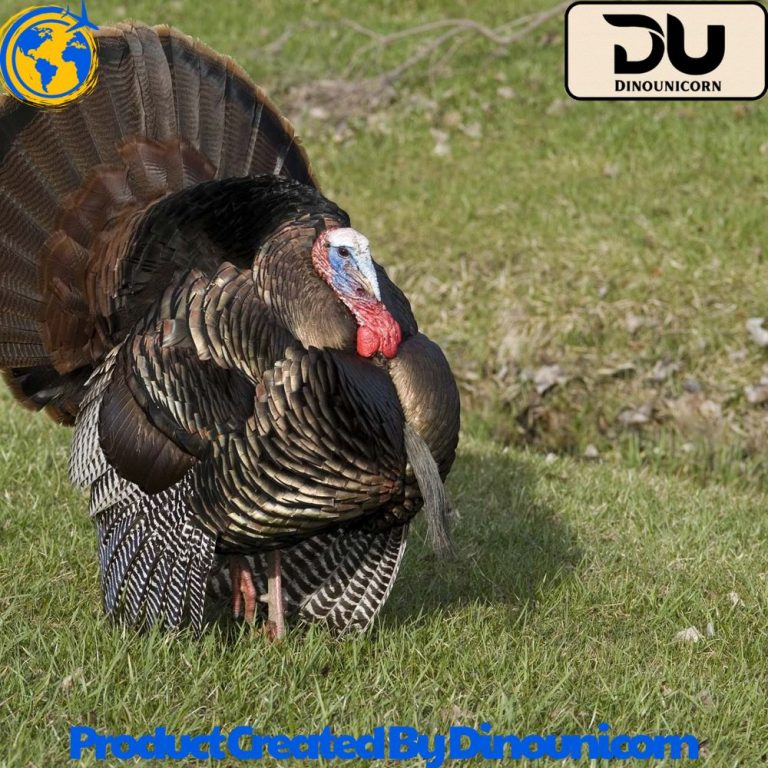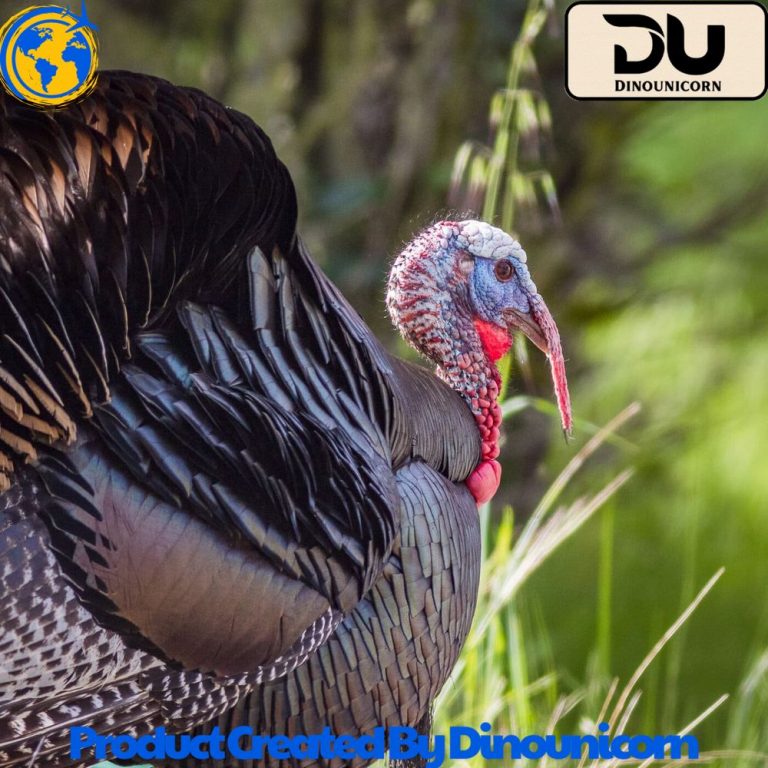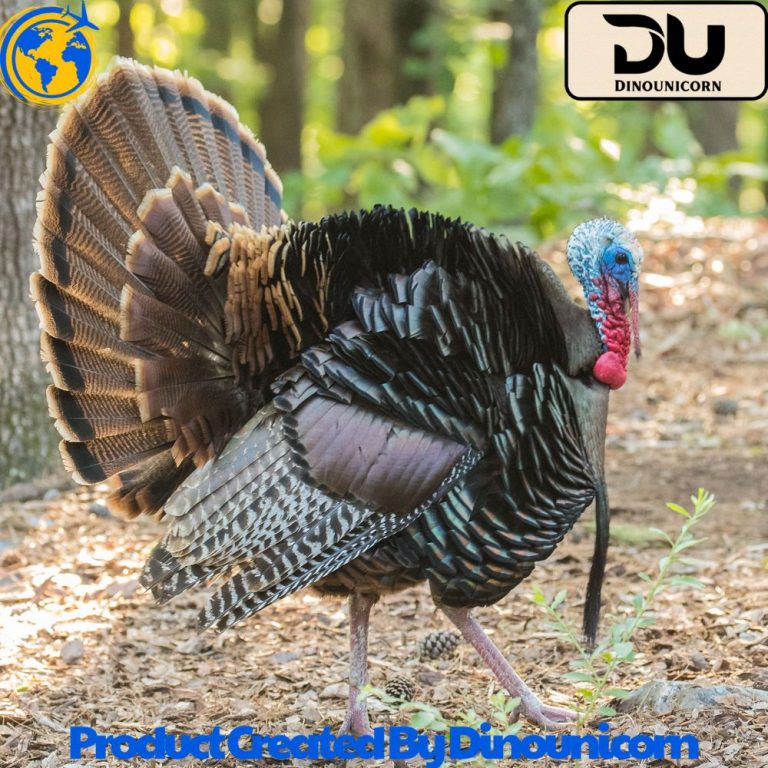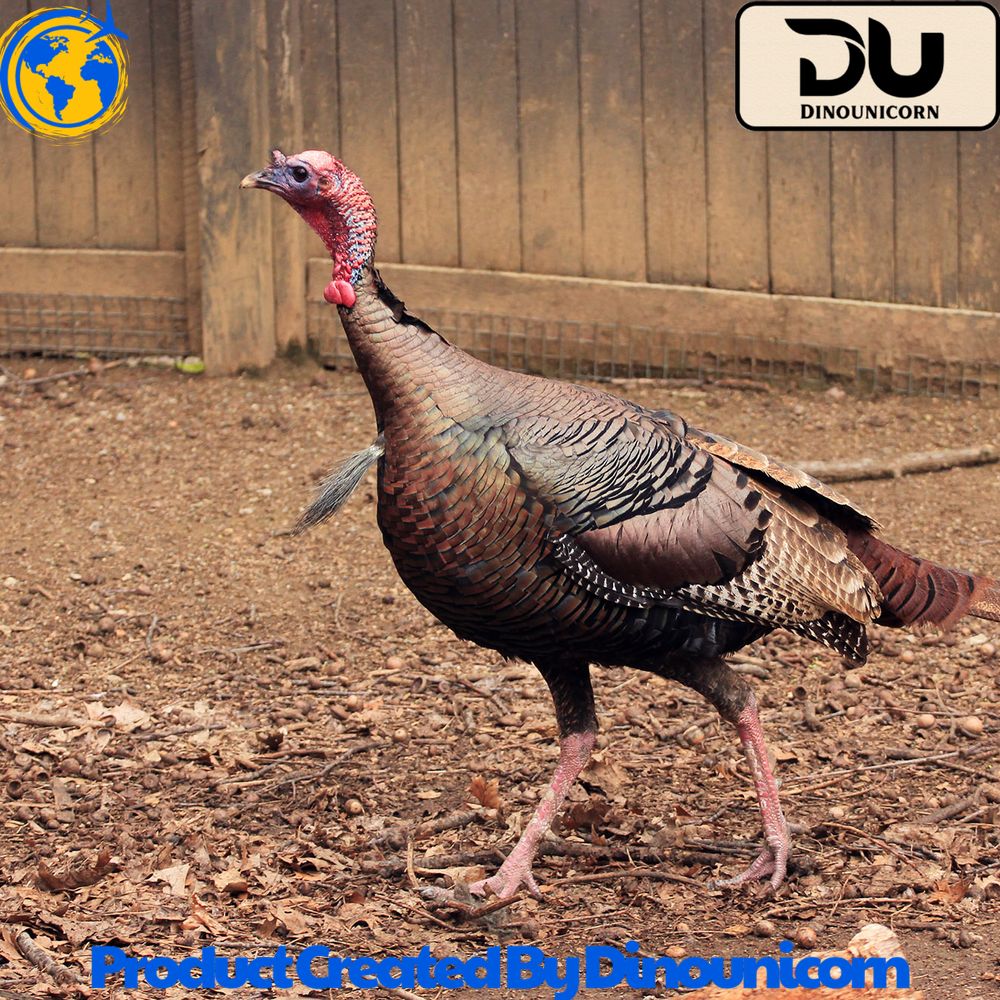Blog
What Do Turkeys Eat?
What Do Turkeys Eat? A Comprehensive Guide to Turkey Diets
Understanding what turkeys eat is vital for both turkey owners and enthusiasts interested in wild turkeys. Whether you are raising turkeys on a farm, observing wild turkeys, or simply curious about these fascinating birds, knowing their diet is essential for their health and well-being. In this comprehensive guide, we will delve into the eating habits of turkeys, including what wild turkeys eat, what domesticated turkeys consume, and how you can provide the best nutrition for these birds.
What Do Turkeys Eat? Understanding Turkey Diets
Turkeys are omnivores, which means they eat a variety of foods, including plants, insects, and small animals. Their diet varies depending on whether they are wild or domesticated. Wild turkeys typically forage for food in forests and fields, while domestic turkeys rely on commercially prepared feed and supplemental foods.
Overview of Turkey Feeding Habits
Turkeys are opportunistic eaters, meaning they take advantage of whatever food sources are available in their environment. Wild turkeys, for example, can forage for a wide variety of foods, including seeds, nuts, berries, and insects. On the other hand, domesticated turkeys rely on a more controlled diet, typically composed of grains, vegetables, and proteins found in turkey feed. Their diet is essential for their growth, reproduction, and overall health.
What Do Wild Turkeys Eat?
Wild turkeys’ diets are significantly different from those of domesticated turkeys. These birds forage in the wild for various food sources that are abundant in their habitats. Wild turkeys are known to be excellent foragers, using their strong beaks to dig through soil and leaf litter to find food.
Foraging Behavior of Wild Turkeys
Wild turkeys spend much of their time foraging for food in forests, grasslands, and open fields. Their diet is highly diverse, and they are known to consume a wide range of plants, insects, and small animals. Turkeys are also known to scratch the ground to uncover seeds, nuts, and insects. This foraging behavior is essential for their survival in the wild, as it provides them with the nutrients they need to thrive.

What Do Wild Turkeys Eat in the Forest?
In forested environments, wild turkeys primarily feed on acorns, seeds, and fruits that grow in these areas. They also eat insects, small invertebrates, and even amphibians. Wild turkeys are opportunistic feeders and will take advantage of any food they can find in their environment, making them highly adaptable to various ecosystems.
If you’re interested in learning more about the diet of wild turkeys in the wild, you can read more on sources like Outdoor Life’s article on wild turkey diets and Wikipedia’s page on wild turkeys.
Seasonal Changes in the Diet of Wild Turkeys
The diet of wild turkeys is not the same year-round. Turkeys adapt to seasonal changes by altering their food sources, which ensures they can find the necessary nutrition throughout the year.
What Do Turkeys Eat in Spring?
In spring, wild turkeys have access to an abundance of fresh plant material, including new growth from grasses, seeds, and insects. This is an essential time for wild turkeys to gain protein and vitamins to support their health and reproduction.
What Do Turkeys Eat in Summer?
Summer brings a wide variety of fruits and seeds for wild turkeys to enjoy. Berries, cherries, and other fruits become an important part of their diet, providing them with the necessary hydration and nutrients to stay energized during the hotter months.
What Do Turkeys Eat in Fall?
During the fall, wild turkeys focus on preparing for the colder months ahead. They consume acorns, nuts, and seeds that are abundant in autumn, helping them to build up the energy reserves needed to survive the winter.
What Do Turkeys Eat in Winter?
Winter can be a challenging time for wild turkeys as food becomes scarcer. During this time, wild turkeys rely on seeds, dried fruits, and any other available food sources they can find. Wild turkeys are highly resourceful and will adapt to the environmental challenges of winter by foraging for whatever food is accessible.
What Do Domestic Turkeys Eat?
Domestic turkeys have a more regulated diet compared to wild turkeys. Turkey farmers and owners typically provide feed that meets the nutritional needs of the birds, ensuring they grow healthy and strong.

Diet Recommendations for Farm-Raised Turkeys
Farm-raised turkeys are typically fed a mix of grains, vegetables, and proteins. Their diet is carefully managed to provide the right balance of nutrients needed for growth, reproduction, and overall health. Some of the foods included in their diet may be corn, wheat, soybeans, and other grains.
What Should I Feed My Turkey?
When raising domesticated turkeys, it is important to feed them a balanced diet that includes a variety of food types. Turkey feed often contains a blend of corn, soy, and other grains, as well as proteins to promote healthy growth. Providing fresh vegetables and fruits as supplementary food can also be beneficial for turkeys.
For more information on feeding turkeys, check out Purina’s tips for raising turkeys.
Turkey Nutrition and Feeding Schedule
A turkey’s diet should be adjusted based on its age and growth stage. For example, baby turkeys, also known as poults, require a high-protein starter feed to support their rapid growth. Adult turkeys, on the other hand, need a more balanced feed with the appropriate levels of protein, carbohydrates, and fats to maintain their health.
Common Foods Eaten by Turkeys
Turkeys are omnivorous birds, which means they eat both plant-based and animal-based foods. Here are some of the most common foods that turkeys eat:
Do Turkeys Eat Insects?
Yes, turkeys enjoy eating insects, particularly wild turkeys. Insects provide turkeys with a rich source of protein, which is especially important during the warmer months when they are actively foraging. Wild turkeys consume insects such as ants, beetles, caterpillars, and other invertebrates found in their environment.
Do Turkeys Eat Plants and Vegetables?
Turkeys also eat a variety of plants, grasses, and vegetables. Wild turkeys will forage for grasses, leaves, and roots, while domesticated turkeys can be fed a selection of vegetables such as carrots, corn, and leafy greens. Providing vegetables as a supplement to their regular diet ensures they get the necessary vitamins and minerals to stay healthy.
Fruits Eaten by Turkeys
Fruits are an important part of a turkey’s diet, especially in the wild. Wild turkeys enjoy a wide variety of fruits, such as berries, apples, grapes, and cherries. These fruits are rich in vitamins and provide hydration, especially during the summer months.
Grains for Turkeys: What Types Are Best?
Grains are a staple in the diet of domesticated turkeys. Common grains fed to turkeys include corn, wheat, barley, and oats. These grains provide essential carbohydrates and energy that turkeys need to grow and stay healthy.
Turkey Food Products and Supplements
In addition to a regular diet, turkey owners often provide supplements to ensure their birds receive optimal nutrition. These supplements can include vitamins, minerals, and protein boosters.
Commercial Turkey Feed
Commercial turkey feed is formulated to meet the nutritional needs of turkeys at different stages of their lives. Starter feeds for poults are high in protein, while grower and finisher feeds contain a balanced ratio of protein and carbohydrates to support healthy growth.
Supplements for Turkey Health
Supplements, such as vitamin and mineral additives, can be given to turkeys to ensure they receive all the necessary nutrients. For example, calcium supplements may be provided to help strengthen bones and eggshells in laying hens.
Baby Turkeys: What Do They Eat?
Baby turkeys, or poults, require specialized care and a specific diet to support their rapid growth.
Feeding Guidelines for Poults (Baby Turkeys)
Poults need a high-protein starter feed to help them grow strong and healthy. This feed is typically made up of high-quality proteins, vitamins, and minerals. It is crucial to provide fresh water and ensure the poults have access to food throughout the day to promote healthy development.

Frequently Asked Questions (FAQs)
- What do wild turkeys eat?
- Wild turkeys eat a variety of foods, including seeds, nuts, berries, insects, and small invertebrates. Their diet depends on the season and availability of food.
- What do domesticated turkeys eat?
- Domesticated turkeys are fed a balanced diet of commercial turkey feed, grains, vegetables, and fruits to meet their nutritional needs.
- Can turkeys eat corn?
- Yes, turkeys can eat corn, and it is a common component of their diet, especially in farm-raised turkeys.
- What should I feed my baby turkeys?
- Baby turkeys, or poults, need a high-protein starter feed to support their growth.
- Do turkeys eat insects?
- Yes, wild turkeys eat insects, which are a rich source of protein, especially in warmer months.
If possible, please visit dinounicorn.com or freshmilktee.com to support us.
By following these guidelines, you can ensure that your turkeys stay healthy and thrive, whether they are wild turkeys in the forest or domesticated turkeys on your farm.
 Skip to content
Skip to content

